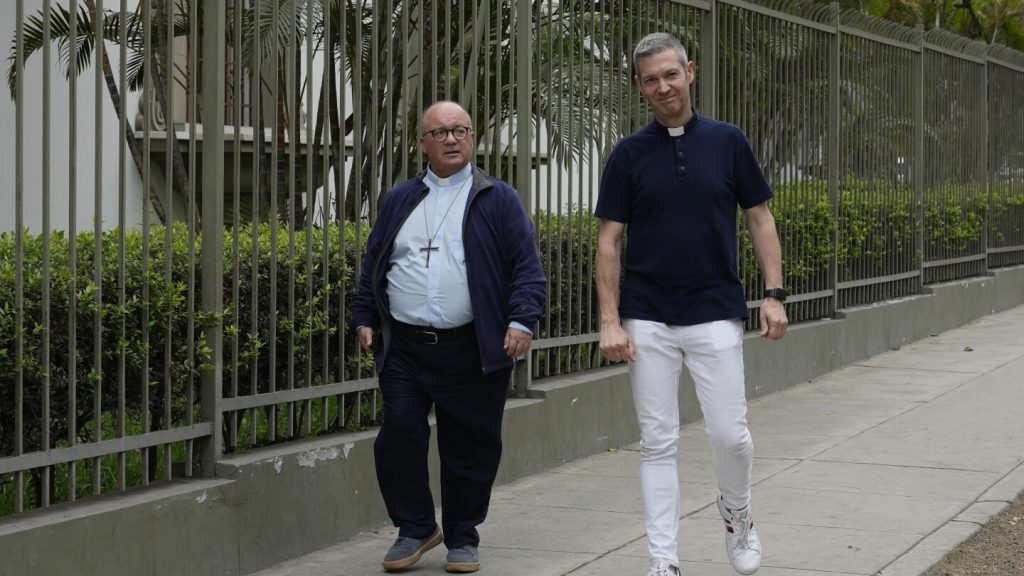The Vatican has taken action against the founder of an influential Peruvian religious movement, the Sodalitium Christianae Vitae, after years of allegations of sexual and psychological abuse as well as financial corruption. Pope Francis ordered an investigation into the Sodalitium, leading to the expulsion of founder Luis Fernando Figari. The Vatican found Figari’s behavior to be “incompatible and unacceptable,” causing scandal and serious damage to the church and its members. This expulsion is seen as a step towards justice and protection of the faithful and the church.
Figari founded the Sodalitium in 1971 as a conservative reaction to left-leaning liberation theology movements in Latin America. At its peak, the group had around 20,000 members and was influential in Peru. Allegations of Figari’s abuse emerged in 2011, with further claims dating back to 2000. However, it was not until a victim published a book detailing the abuses in 2015 that concrete action was taken. An external investigation found Figari to have engaged in various forms of abuse, leading to his initial expulsion in 2017.
Despite the initial expulsion in 2017, Figari was allowed to live apart from the Sodalitium community in Rome, leading to criticism that the Vatican was not taking enough action. However, the recent definitive expulsion of Figari has been welcomed by victims and others, with hopes that it will lead to further reform within the Sodalitium. The group itself has distanced itself from Figari, stating that they wanted him expelled in 2019. They are undergoing a renewal process to continue their work without Figari’s influence, emphasizing their commitment to the church’s evangelizing mission.
Figari’s expulsion is a significant step taken by Pope Francis following an investigation by abuse experts. This action echoes similar cases, such as the Vatican-mandated reform of the Legion of Christ religious order after revelations about their founder’s misconduct. The decision to expel Figari has exposed the failures of the Peruvian church to address allegations against the Sodalitium. It is also seen as a validation of journalism and a potential avenue for reparations to victims. The future of the Sodalitium remains uncertain, as its continued existence may be challenged without its founder’s involvement.
Overall, the expulsion of Figari marks a turning point in the scandal surrounding the Sodalitium Christianae Vitae. The Vatican’s decisive action sends a message of accountability and justice, aiming to protect the faithful and the integrity of the church. As the Sodalitium navigates a period of renewal and reform, the expulsion of its founder raises questions about the future of the religious movement and underscores the importance of addressing abuse and corruption within religious institutions.


